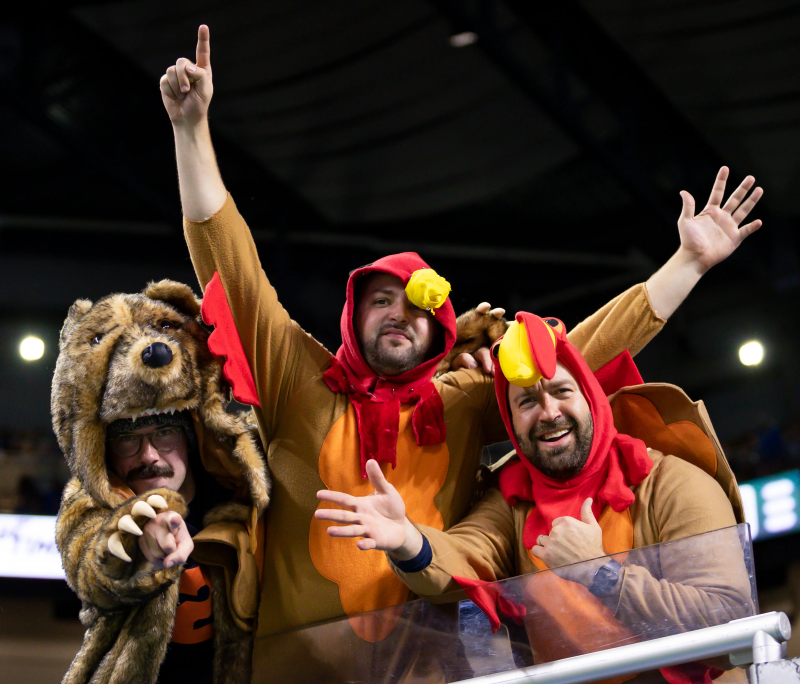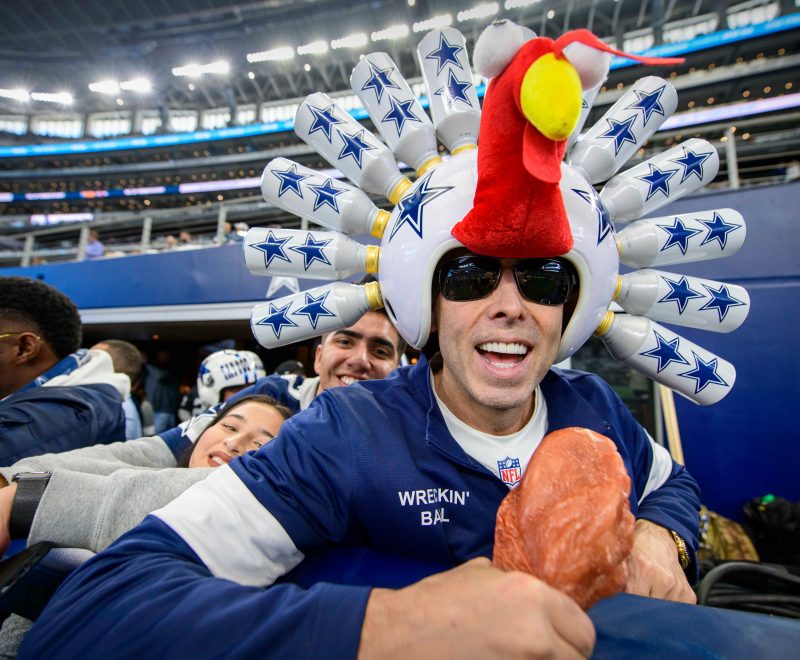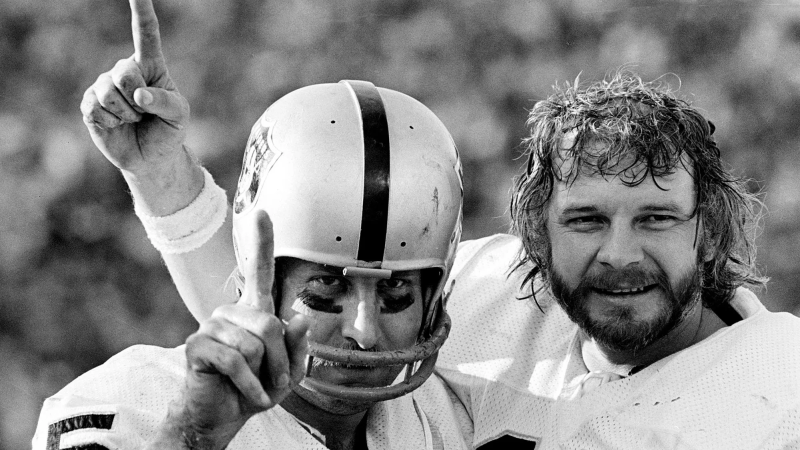Why Detroit Lions, Dallas Cowboys always play on Thanksgiving: What to know about football tradition
The NFL on Thanksgiving Day has featured some memorable moments, from Clint Longley leading a Cowboys comeback in 1974 and a national TV showcase for the incomparable Barry Sanders to the infamous Butt Fumble in 2012 and Leon Lett's blunder in 1993.
NFL games on Thanksgiving have been a tradition since the league's inception in 1920 (there were six games that first season!).
This season will feature three games: the Detroit Lions hosting the Green Bay Packers Buffalo Bills (12:30 p.m. ET, FOX); the Dallas Cowboys hosting the Washington Commanders (4:30 p.m. ET, CBS); and the Seattle Seahawks hosting the San Francisco 49ers (8:20 p.m. ET, NBC) to cap off the heaping helping of football action.
A third prime-time game was added in 2006, and includes teams other than the Lions and Cowboys, who each will play their traditional Thanksgiving home games.
Why do the Lions always play on Thanksgiving?

Watching the Detroit Lions lose on Thanksgiving Day has become a holiday tradition unlike any other. The Lions have lost their last six Thanksgiving Day games, and sport a 37-44-2 all-time record on Turkey Day. However, that trend could end this year as the Lions are off to their best start since 1962.
NFL STATS CENTRAL: The latest NFL scores, schedules, odds, stats and more.
If you have often found yourself cursing the fact that the Lions always play on Thanksgiving, you can blame George A. Richards. In 1934, Richards purchased the Portsmouth (Ohio) Spartans for the sum of $8,000 and moved the team to Detroit, renaming the team the Lions (inspired by the local baseball team, the Tigers).
While football on Thanksgiving was a normal thing for the NFL since its inception, it was Richards who took it to another level. Richards was a radio executive, and used his connections to negotiate a deal with NBC to broadcast a Thanksgiving game nationally on its 94-station network. Richards also convinced Chicago Bears owner/coach George Halas to be the Lions' opponent, suggesting the game would give the still-fledgling NFL vital exposure. The game was a massive success; a Detroit-record crowd attended the game while listeners across the U.S. enjoyed the gridiron action over the airwaves. A new great American tradition was born.
With the exception of 1939-44 during World War II, the Lions have hosted a Thanksgiving Day game every year since 1934. The first nationally televised game was in 1953, when the Lions defeated the Green Bay Packers en route to winning a second consecutive NFL championship.
A year after that initial Thanksgiving Day game in Detroit, the Lions collected the first NFL title in team history. Detroit would win three more championships in the 1950s before enduring a title drought that Detroit does not enjoy to this day.
Despite the lack of on-field success for the Lions, NFL commissioner Roger Goodell only briefly hinted back in 2009 at altering the Thanksgiving Day schedule so more teams could host games on the holiday.
Why do the Cowboys always play on Thanksgiving?

By the mid-1960s, the NFL was well on its way to becoming the entertainment behemoth it is today. Television networks, eager to satisfy the sporting appetites of audiences, worked with the NFL to add a second Thanksgiving Day game for the 1966 season. Dallas Cowboys team president Tex Schramm shrewdly volunteered his team to play in a Thanksgiving game, so long as Dallas would host the game each year.
That decision — as well as the team's long run of success from the mid-60s well into the 1980s — profoundly contributed to its "America's Team" moniker.
With the exception of two seasons since 1966 — in 1975 and 1977 when the St. Louis Cardinals hosted a Thanksgiving Day game — the Cowboys have hosted a game on the holiday, always scheduled after the Detroit Lions' annual game. Unlike the Lions, the Cowboys enjoy success on Thanksgiving, posting a 32-22-1 all-time record on the holiday.

Disclaimer: The copyright of this article belongs to the original author. Reposting this article is solely for the purpose of information dissemination and does not constitute any investment advice. If there is any infringement, please contact us immediately. We will make corrections or deletions as necessary. Thank you.







